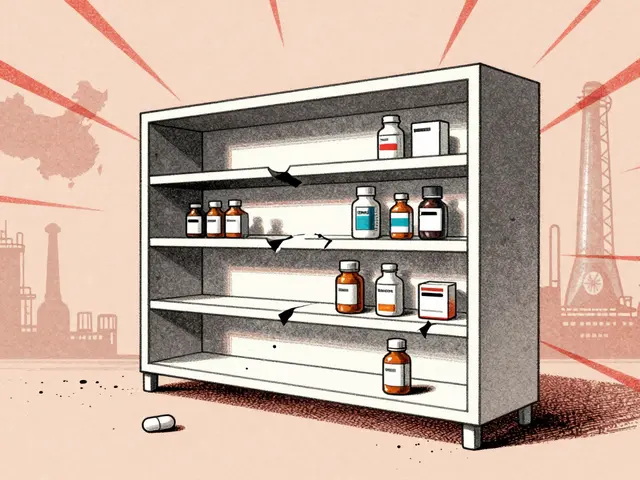Steroid medications: what they do and how to use them safely
Steroid medications are powerful drugs used for many problems—from severe asthma and autoimmune disease to adrenal insufficiency. They work quickly and can feel lifesaving, but they also carry real risks if used without care. This page gives clear, practical info so you know what steroids do, the differences between types, and simple steps to stay safe.
Types and common uses
There are two main groups: corticosteroids and anabolic steroids. Corticosteroids reduce inflammation and calm the immune system. Examples include prednisone (oral), methylprednisolone (IV or oral), dexamethasone, inhaled fluticasone, and topical hydrocortisone. Doctors prescribe them for asthma attacks, severe allergies, rheumatoid arthritis, lupus, COPD flares, and skin conditions.
Anabolic steroids are synthetic versions of testosterone. They’re prescribed rarely for medical issues like low testosterone or some types of wasting. Most misuse of anabolic steroids is for athletic performance or body image, which carries high risks and legal problems.
What to expect and common side effects
Short courses of corticosteroids (a few days) often cause few problems besides mood swings, trouble sleeping, or increased appetite. Longer use raises the risk of weight gain, high blood pressure, high blood sugar, bone thinning, infections, and eye issues like cataracts. Anabolic steroid misuse can damage the liver, increase heart disease risk, change mood and behavior, and affect hormone balance.
Tapering matters. For people on weeks or months of corticosteroids, stopping suddenly can be dangerous because the body’s own steroid production may be suppressed. Your doctor will advise a taper plan to bring you off safely.
Routes of use change how steroids act. Inhaled and topical steroids give strong local effects with fewer whole-body side effects. Oral and injected steroids hit the whole body and need closer monitoring. Know which form you’re using and why your prescriber chose it.
Practical safety tips
1) Follow the prescription exactly. Don’t cut doses, extend duration, or double up without asking your clinician. 2) Keep follow-up appointments for blood pressure, blood sugar, bone health, and eye checks if you’ll be on steroids long-term. 3) If you miss a dose, follow the label or ask your pharmacist—don’t guess. 4) Carry a steroid card or note if you take long-term steroids; emergency teams need to know if your body can’t make enough natural steroid during illness. 5) Avoid buying steroids from unverified online sellers—counterfeit or contaminated products are common.
When to call your doctor
Contact your doctor if you get signs of infection (fever, persistent cough), new or worsening swelling, severe mood changes, unexplained weight gain, or eye pain. If you think you’ve stopped steroids suddenly and feel weak or dizzy, seek care quickly.
Steroid medicines help a lot when used properly. Keep open lines with your provider, ask clear questions about risks and monitoring, and use this checklist to stay safe while getting the benefits you need.










